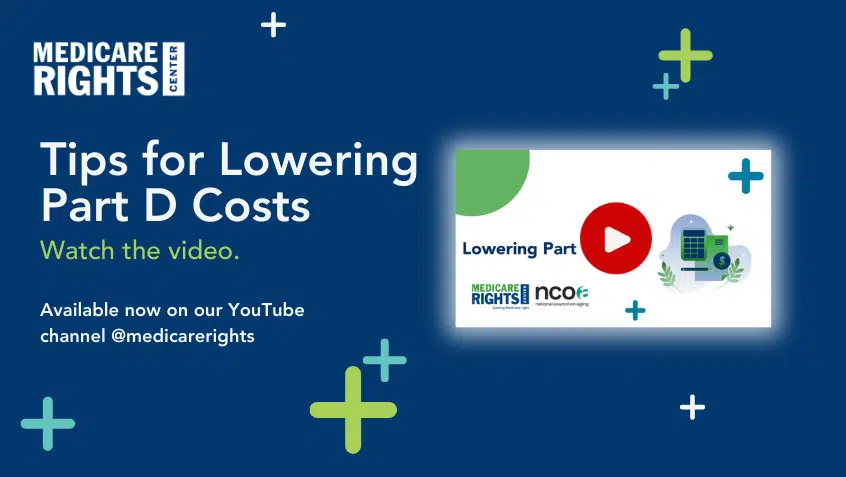Join Us Live for a Discussion on Medicare, Democracy, and the Future of Health Care

Medicare guarantees access to health care for 57 million older adults and people with disabilities, including hospital and physician care and prescription drugs. Understanding how Medicare is funded and how that funding is spent can improve policy decisions going forward.
Through a new and updated brief, the Kaiser Family Foundation highlights important trends in Medicare spending, including declining spending on hospital inpatient services coupled with rising spending on prescription drugs. Very significantly, the growth in Medicare spending per beneficiary has slowed considerably in the past few years, from 7.4% in 2000-2010 to 1.3% in 2010-2016. KFF identifies several reasons for this slowdown, including policy changes and demographic trends that are increasing the number of healthy people in the program. For several decades, Medicare has had a slower rate of spending growth than private insurance, and that gap has widened further in the past few years.
The demographic trends that are helping Medicare keep per-person costs down are also increasing the overall costs for the program. Ten thousand Baby Boomers are aging into Medicare each day. As Baby Boomers continue to age, their Medicare costs will likely continue to rise.
KFF also highlights funding for Medicare and the solvency of the Medicare Hospital Insurance Trust Fund, which covers Part A (hospital care). The money in this Trust Fund comes from the Medicare payroll tax, while other parts of Medicare rely on general revenues and beneficiary premiums. Each year, the Medicare Trustees attempt to project how long the assets in the Hospital Insurance Trust Fund will last based on changes in spending and revenues. The 2017 Trustee projection is that the Trust Fund will be fully funded until 2029, which exceeds the 2016 projection by a year.
Show Comments
We welcome thoughtful, respectful discussion on our website. To maintain a safe and constructive environment, comments that include profanity or violent, threatening language will be hidden. We may ban commentors who repeatedly cross these guidelines.
Help Us Protect & Strengthen Medicare
Donate today and make a lasting impact
More than 67 million people rely on Medicare—but many still face barriers to the care they need. With your support, we provide free, unbiased help to people navigating Medicare and work across the country with federal and state advocates to protect Medicare’s future and address the needs of those it serves.
The Latest
Most Read
Add Medicare to Your Inbox
Sign up to receive Medicare news, policy developments, and other useful updates from the Medicare Rights.
View this profile on InstagramMedicare Rights Center (@medicarerights) • Instagram photos and videos









